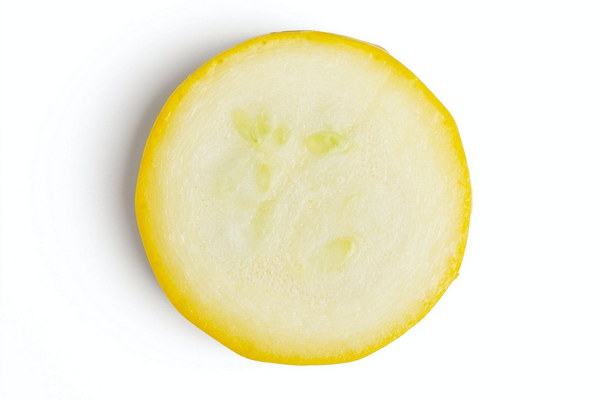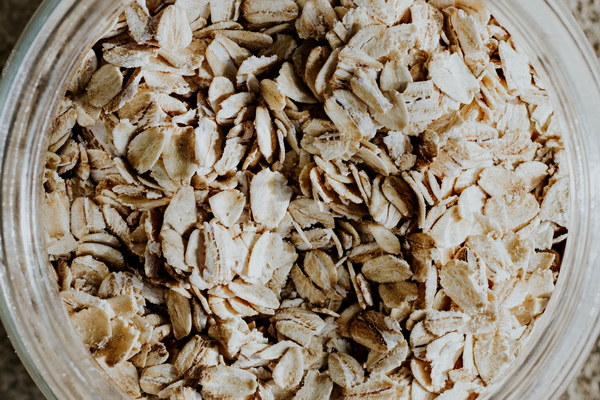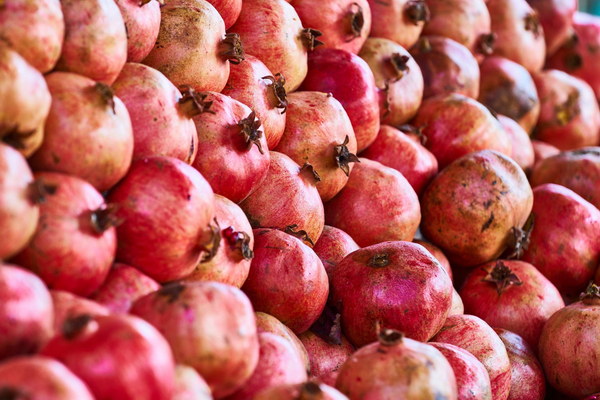Optimal Dietary Supplements for Nurturing Kidney Qi Deficiency A Comprehensive Guide
Introduction:
Kidney Qi deficiency, a common condition in traditional Chinese medicine (TCM), is characterized by a weakness in the kidney's vital energy. This deficiency can lead to various health issues, including fatigue, low immunity, and reproductive problems. To replenish and strengthen kidney Qi, it is essential to adopt a well-rounded dietary approach. This article provides a comprehensive guide on the best food supplements for kidney Qi deficiency.
1. Nourishing Foods:
To enhance kidney Qi, it is important to incorporate certain nourishing foods into your diet. These include:
- Black beans: Rich in antioxidants and nutrients, black beans are believed to boost kidney Qi and improve overall health.

- Goji berries: Known for their potent anti-aging properties, goji berries are a natural remedy for kidney Qi deficiency.
- Pork kidney: Traditional Chinese medicine suggests that eating pork kidney can replenish kidney Qi.
- Sea cucumber: This marine delicacy is a popular food supplement for kidney Qi deficiency due to its high protein and nutrient content.
- Fatty fish: Fish like salmon, mackerel, and sardines are rich in omega-3 fatty acids, which can help improve kidney function.
2. Herbs and Spices:
Herbs and spices can also play a significant role in replenishing kidney Qi. Some of the most beneficial ones include:
- Astragalus root (huang qi): Known for its immune-boosting properties, astragalus root can help strengthen kidney Qi.
- Codonopsis root (dang shen): This herb is used to enhance energy and improve overall well-being, particularly for kidney Qi deficiency.
- Cinnamon (rou gui): Cinnamon is a warming spice that can help improve circulation and kidney function.
- Cistanche deserticola (dang shen): Also known as desert cucumber, this herb is a potent kidney Qi booster.
3. Avoiding Harmful Foods:
To effectively nourish kidney Qi, it is also important to avoid certain foods that may exacerbate the deficiency. These include:
- Cold and raw foods: Cold foods can weaken the digestive system and, in turn, hinder the absorption of nutrients essential for kidney Qi.
- Excessive sugar and refined carbohydrates: These foods can lead to imbalances in the body, affecting kidney function and Qi.
- Alcohol and caffeine: Both substances can deplete kidney Qi and contribute to a variety of health issues.
4. Lifestyle Recommendations:
In addition to dietary adjustments, incorporating the following lifestyle recommendations can further support kidney Qi:
- Regular exercise: Engaging in moderate exercise, such as walking, swimming, or tai chi, can help improve kidney function and boost overall well-being.
- Adequate sleep: Ensuring you get enough restful sleep is crucial for kidney Qi replenishment.
- Stress management: Reducing stress through relaxation techniques, meditation, or hobbies can help maintain a healthy balance of kidney Qi.
Conclusion:
Nurturing kidney Qi through dietary supplements is a vital aspect of addressing kidney Qi deficiency. By incorporating nourishing foods, herbs, and spices into your diet, avoiding harmful substances, and adopting a healthy lifestyle, you can effectively support your kidney function and overall well-being. Remember to consult with a healthcare professional or a TCM practitioner before making significant changes to your diet or lifestyle.









